Are you familiar with Tamil Brahmin weddings? As Wedding photographers, we don’t go to a wedding to just Photograph. We like to know the couple and their culture well. This helps us to understand the customs and rituals well. Every wedding we learn something new. The common Indian weddings have larger-than-life celebrations and parties. In […]
Tamil Brahmin Weddings- A Part of South Indian Weddings
Are you familiar with Tamil Brahmin weddings? As Wedding photographers, we don’t go to a wedding to just Photograph. We like to know the couple and their culture well. This helps us to understand the customs and rituals well. Every wedding we learn something new. The common Indian weddings have larger-than-life celebrations and parties. In Contrast, the Tamil Brahmin weddings have a lot more on the customs & rituals of Hinduism. Every ritual performed has a background story and most importantly, they are very enjoyable and create wonderful memories.
Who are Brahmins and what is special about Tamil Brahmin weddings?
When British ruled India, they introduced the caste system as a social hierarchy. The Brahmins belonged to the upper caste and they were mainly intellectuals, priests and teachers. This particular wedding is a Tamil brahmin wedding. Tamil is a language spoken in Tamil Nadu, a State in South India. They are Brahmins from Tamil Nadu. Tamil Brahmin weddings are one of the most colorful and vibrant weddings. There customs and traditions are really vibrant and full of life.
What Happens in a Tamil Brahmin Wedding and how long are the weddings?
The wedding rituals last up to 3-5 days with a lot of traditions and pre-post wedding rituals. The ladies wear colorful silk sarees with flowers and gold jewelry, while the men wear Dhoti ( a loose piece of clothing covering their lower body). Here we will be talking about the important wedding rituals like Kashi Yatra, Kanyadhaanam & Mangalya Dharanam that happen only at these weddings. There are many other Rituals and customs and that happen and it is hard to explain it over a single post because every ritual has a meaning and story behind it.
Kashi Yatra
The Groom takes part in this ceremony. According to traditions, mankind has 4 stages ( ashrams) of life. The first stage is Brahmacharya where brahmin male devotes his time for education. The second stage is the Grihastha where he gets married. The third stage is the Vanaprastha where he is ready to face the world. The fourth or last stage is Sannyasa. He leaves all his worldly pleasures and leads a life of celibacy. In this stage, he attains salvation and reaches the almighty. The Kashi Yatra ritual actually dictates the time between Brahmacharya and Sannyasa stage.
On the day of the wedding, the bride and the groom take a holy bath & are all set to tie the knot. According to the tradition, the groom has to pretend like he is leaving to Kashi ( holy place in India) to become a Sanyasi ( Its more like a monk, Sanyasi’s don’t marry). In this ritual, the groom carries a bamboo fan, an umbrella, a walking stick, a ‘grantha’ (like the holy book, Bhagavad Gita), wears new slippers and sets out to go to Kashi . The bride’s father convinces him not to go to Kashi. He offers to give his daughter in marriage to him so that he can return. The groom agrees and returns for further rituals.
Kanyadhaanam
In Kanyadhaanam, the bride is given away as a gift in marriage to the bridegroom. Before the ritual, both bride and groom go into the mandap together to start the wedding. The father of the bride washes the feet of the groom. The mother of the bride applies kajal ( more like an eyeliner but not really using the liner) in the groom’s eye as ritual. During the auspicious time, the hand of the bride is held by the father and given to the groom. After the ritual, the bride is handed over a nine year saree as gift from groom’s family. The Bride changes into the nine yard saree called the Madisaaru and is she has to sit on her Father’s lap.
A ring is made of kusa. The sacred Dharbha or Panic grass is placed over the bride. A yoke is placed over it as well. The gold Mangal Sutra called Thali is placed right on top of it. The Priests chant vedic Mantras at the same time pray to God to bestow happy and prosperous married life. They also advise the bride to offer herself fully to her husband. Having a daughter is very prosperous. Handing her over to her husband is one of the highest forms of donation possible. Furthermore, this is one of the reasons why Kanyadaan is one of the most emotional rituals at a wedding. It invokes emotions for both parents and the bride.
Mangalya Dharanam
After Kanyadhaanam comes, Mangalya Dharanam and its the most precious moment in ones life. The groom ties the Mangalya sutra (It is a necklace) around the bride’s neck as she sits on her dad’s lap with prayers for them to live hundred years. For the next couple days the bride and groom will be busy performing many more rituals and customs.
Now lets talk about this beautiful couple and their wedding at Bhartiya Cultural society of Alberta, Edmonton Temple.
Arathi and Kaushik are from different states in South India. While they met at University and knew that they were meant to be. They both are very artistic. Arathi a vocal singer while Kaushik is a violinist himself. They had to face their fair share of rescheduling, venue change and cancellations because of the restrictions. This wedding was based on Kaushik’s culture and it was a very intimate Tamil Brahmin wedding. They both planned a wedding that shows both their cultures. Even though Kaushik’s mom couldn’t make it to the wedding because of the flight ban, Arathi’s parents & their friends made sure they both had one of the best days of their lives. It was really an honor that we got an opportunity to not just photograph their wedding but also we got to witness their musical and dance performances.
Here is little sneak peak from their wedding day.
Leave a Reply
You must be logged in to post a comment.
We only work with 15 couples each year so we can give you a truly personalized experience.
Fill out our contact form to book a consultation call with us.
Looking forward to meeting you.
Phone: +1 587 989 8897.
Email: hello@timelesstalescreatives.ca
Location : Based in Edmonton, Alberta. Serving Edmonton, Calgary, Banff, Canmore & Jasper. No Additional Travel Fee within Alberta
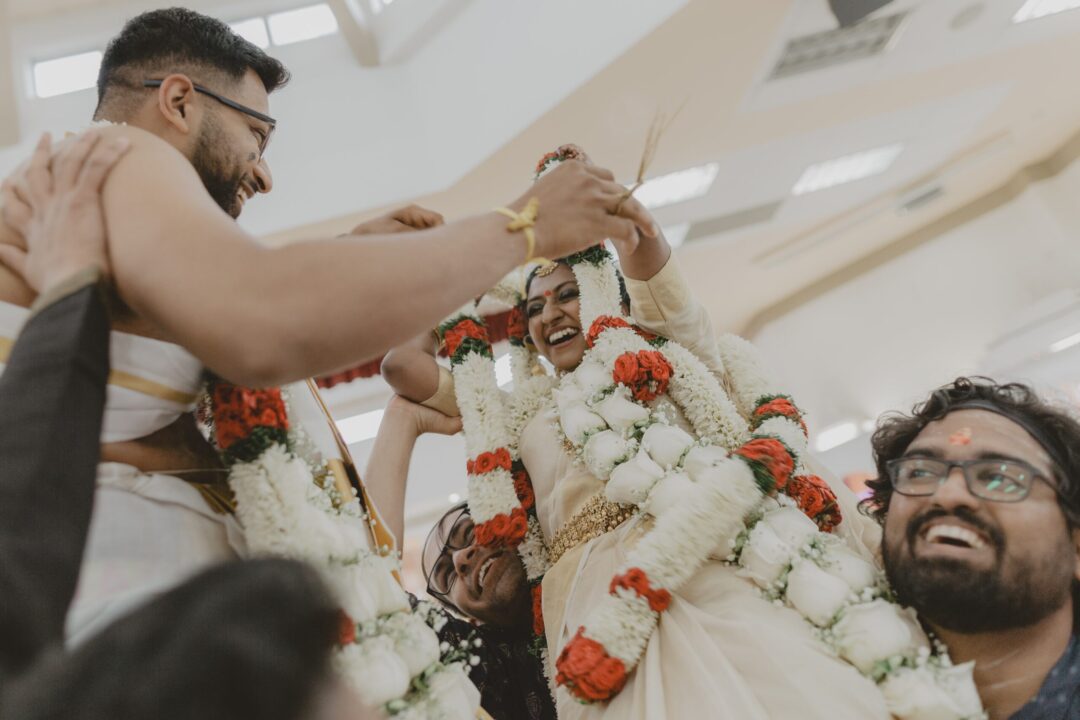

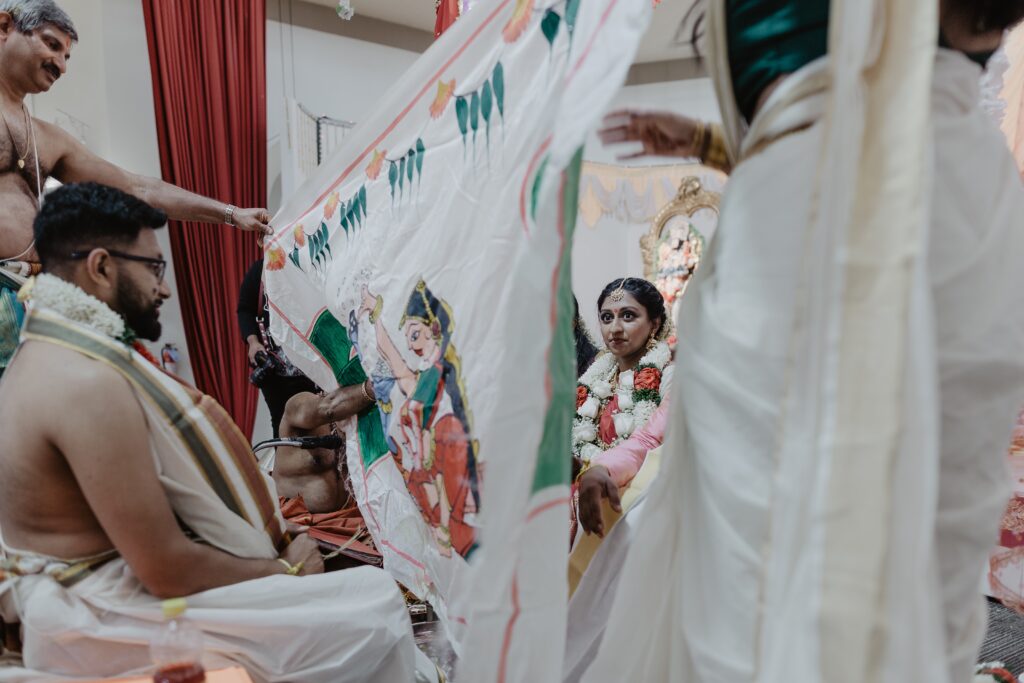
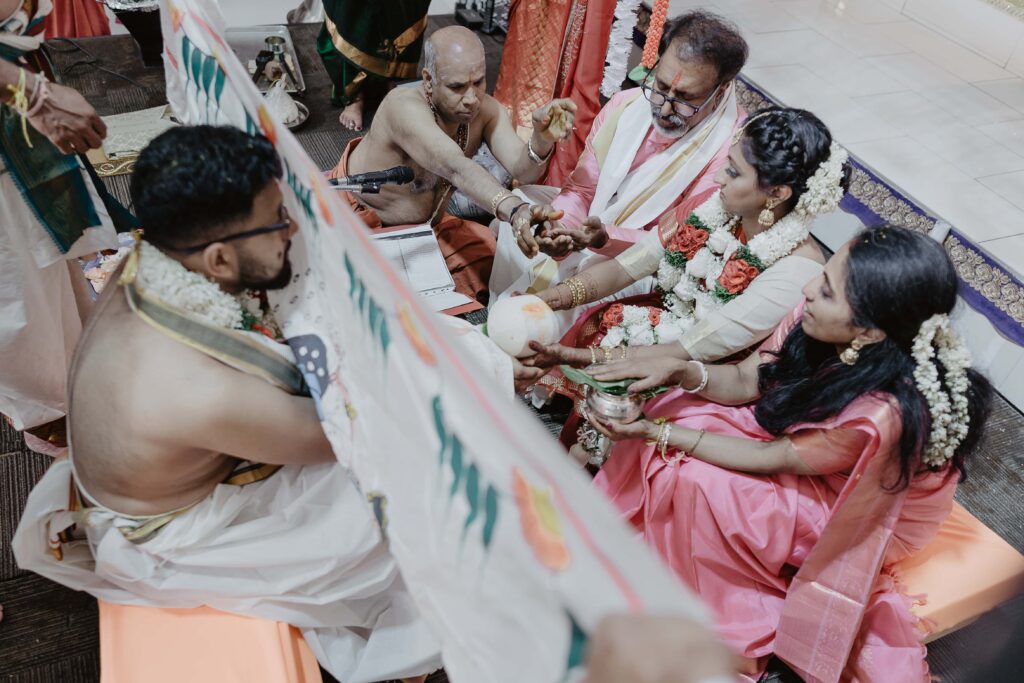
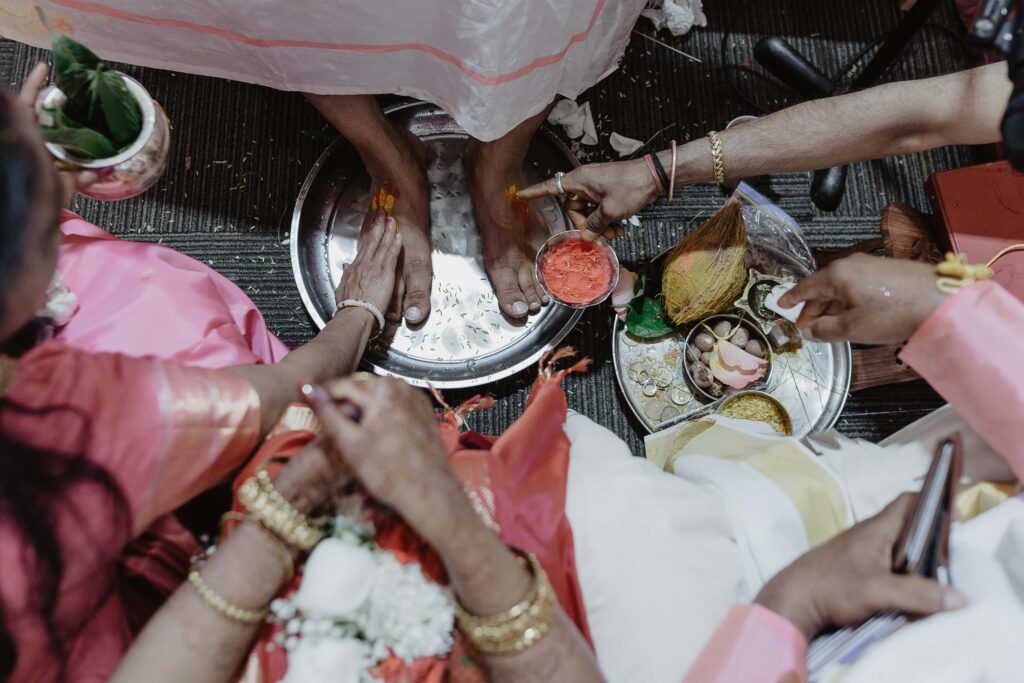
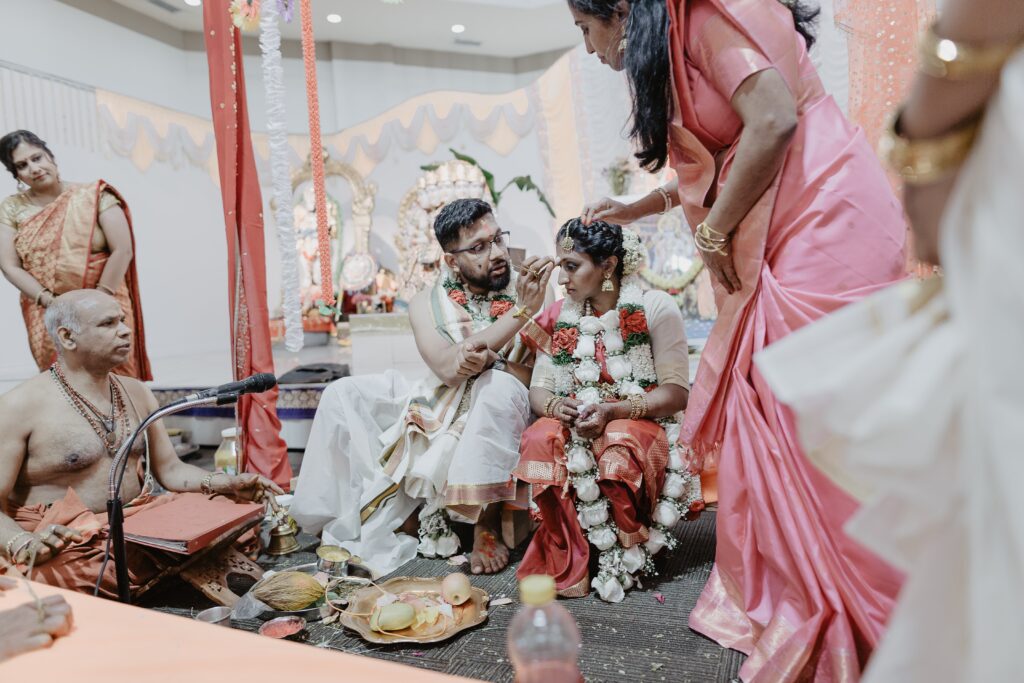
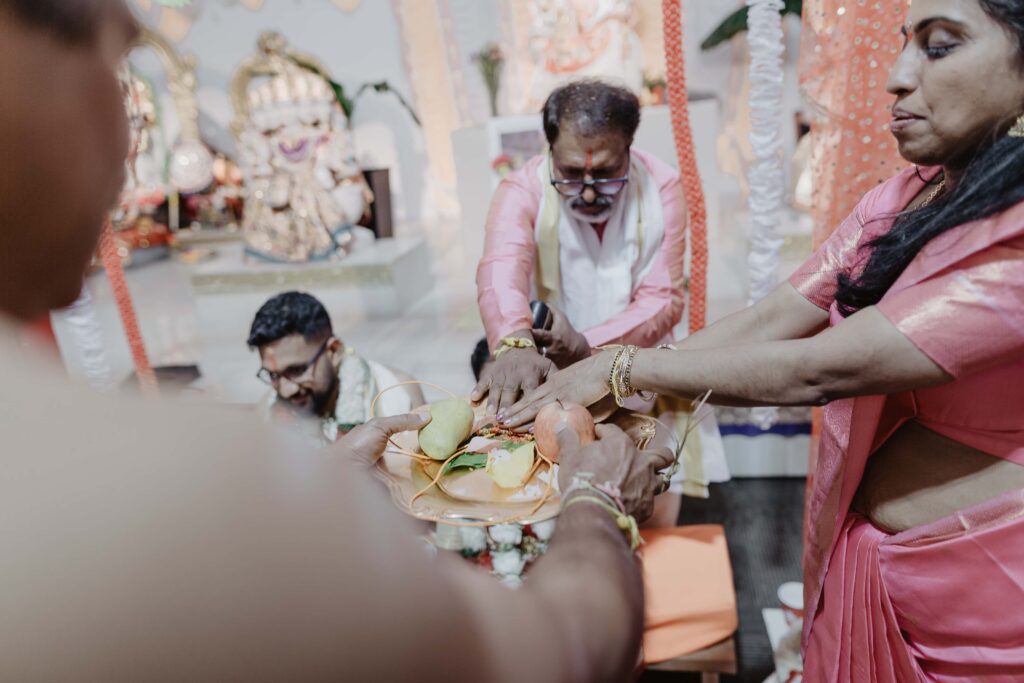
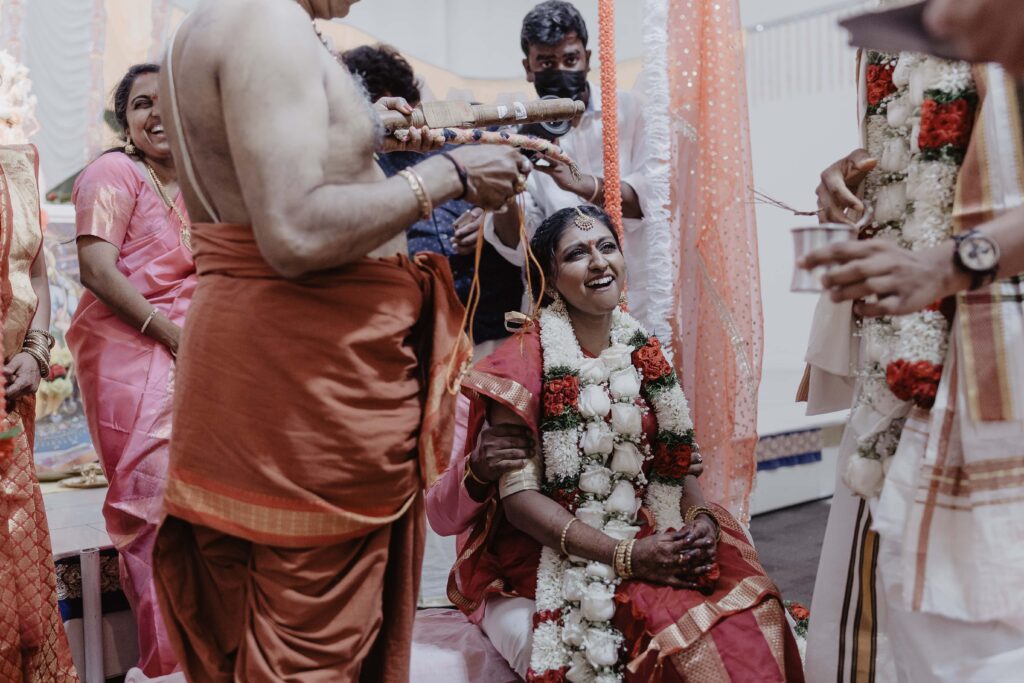
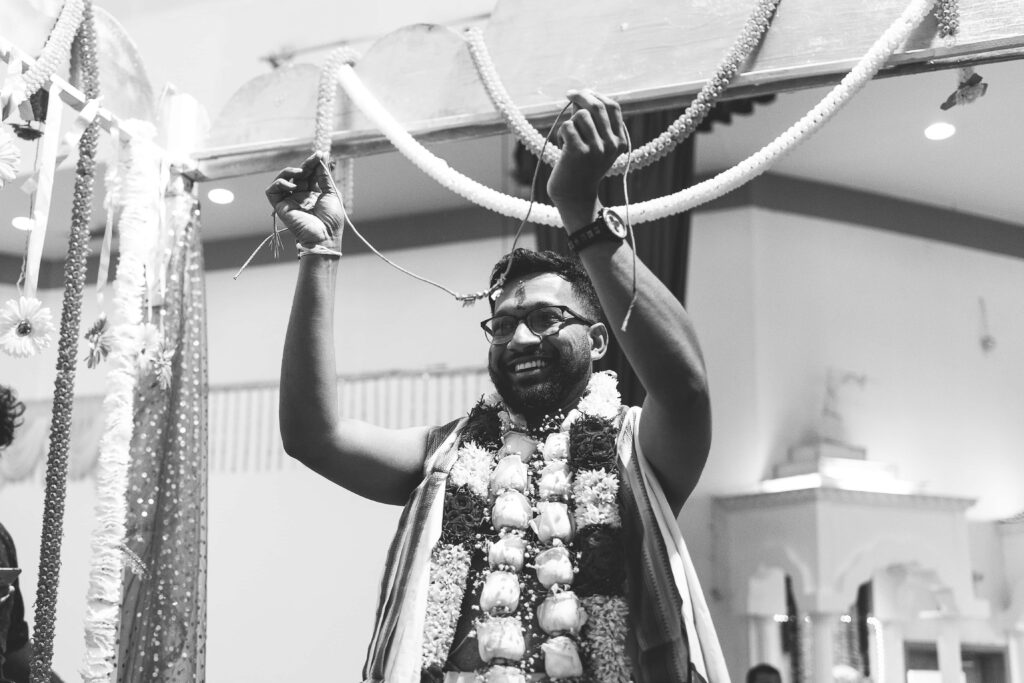
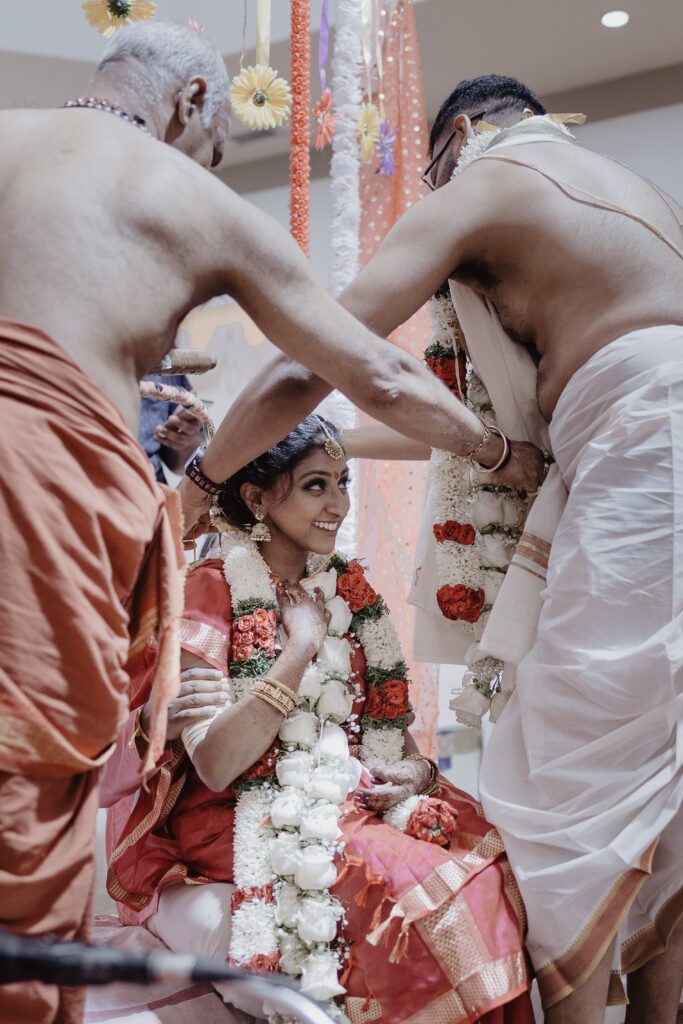
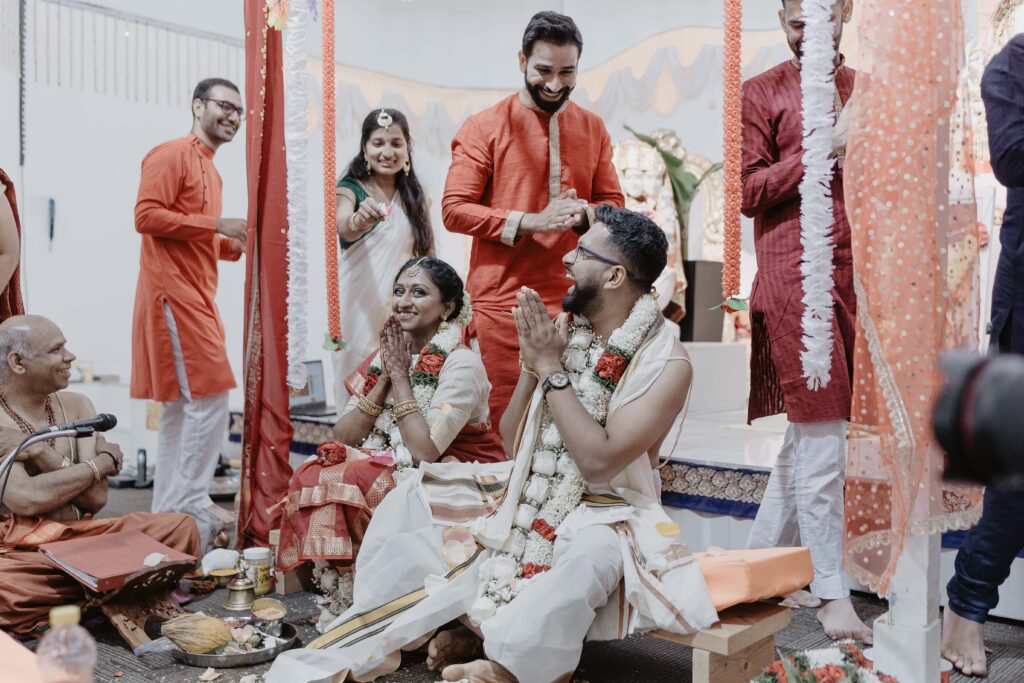

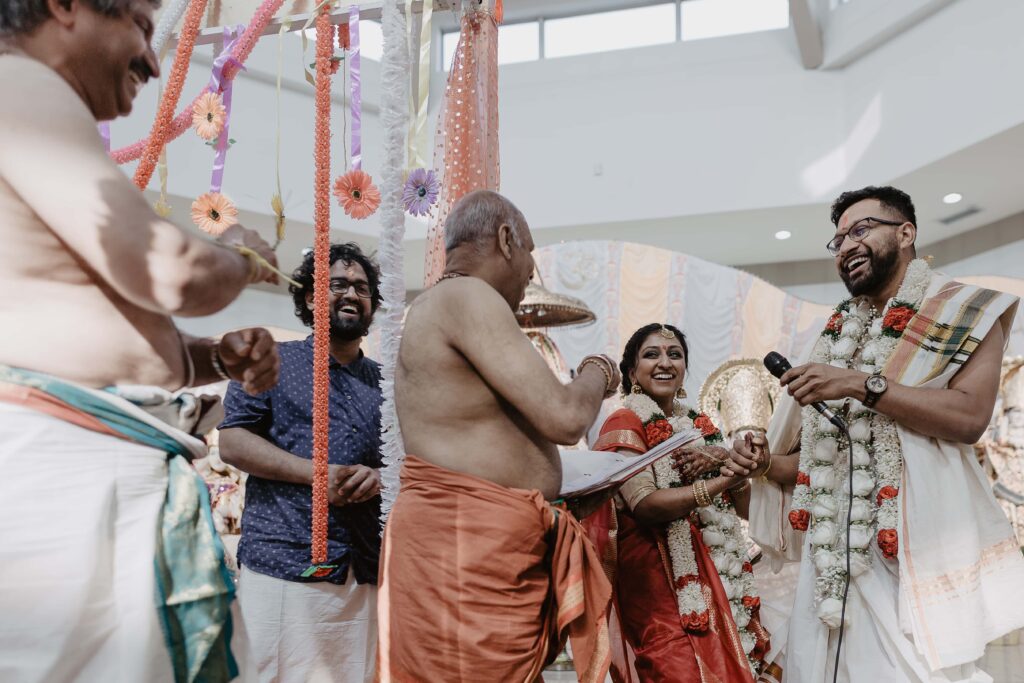
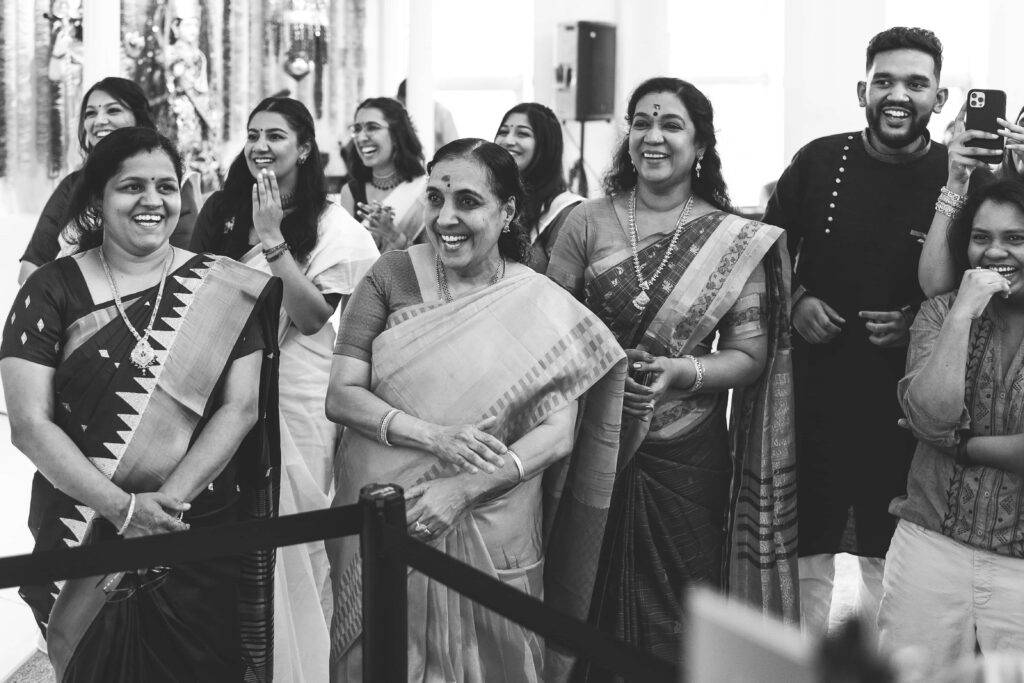
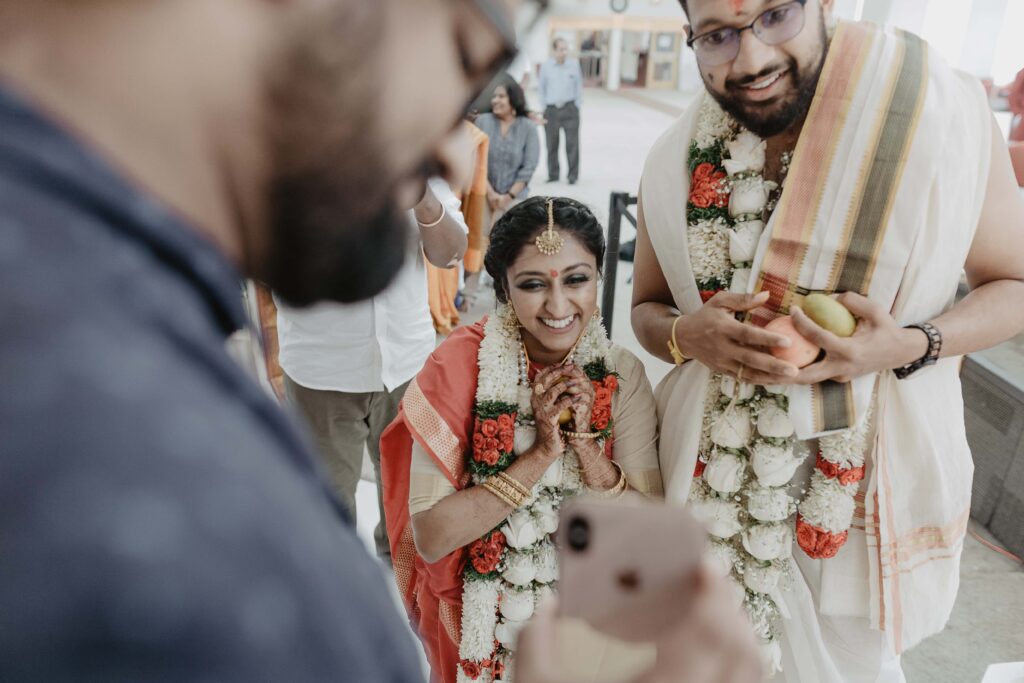
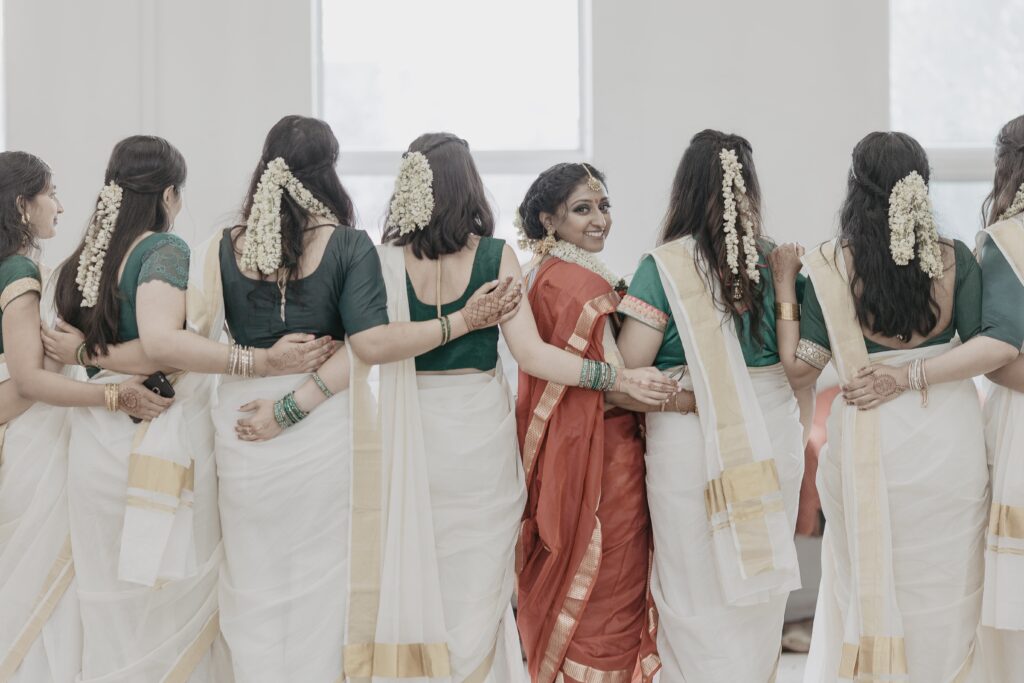
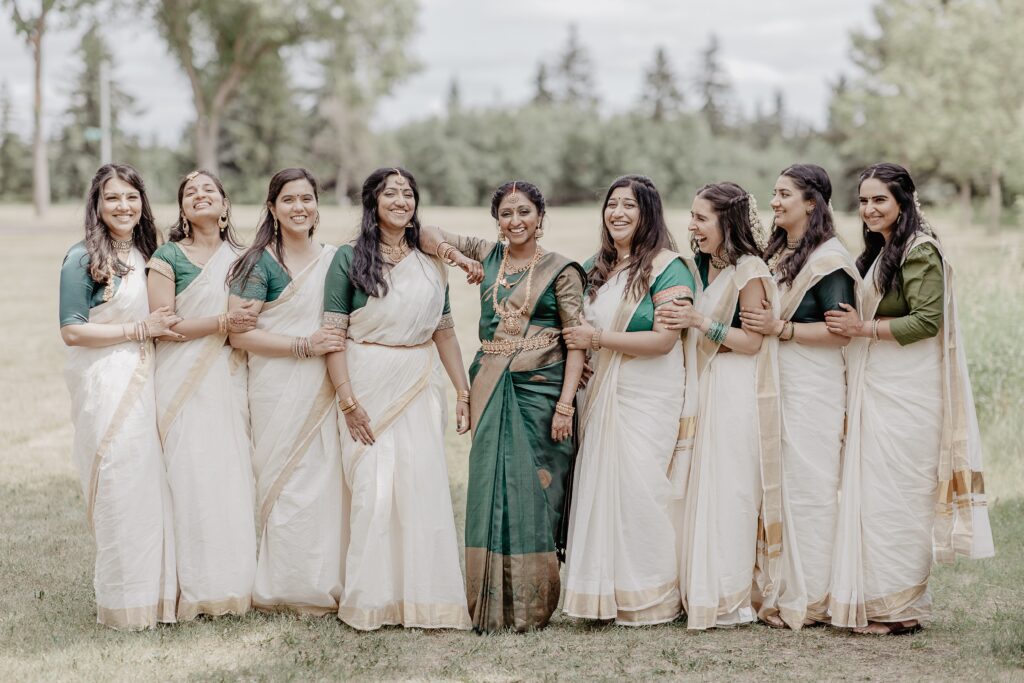
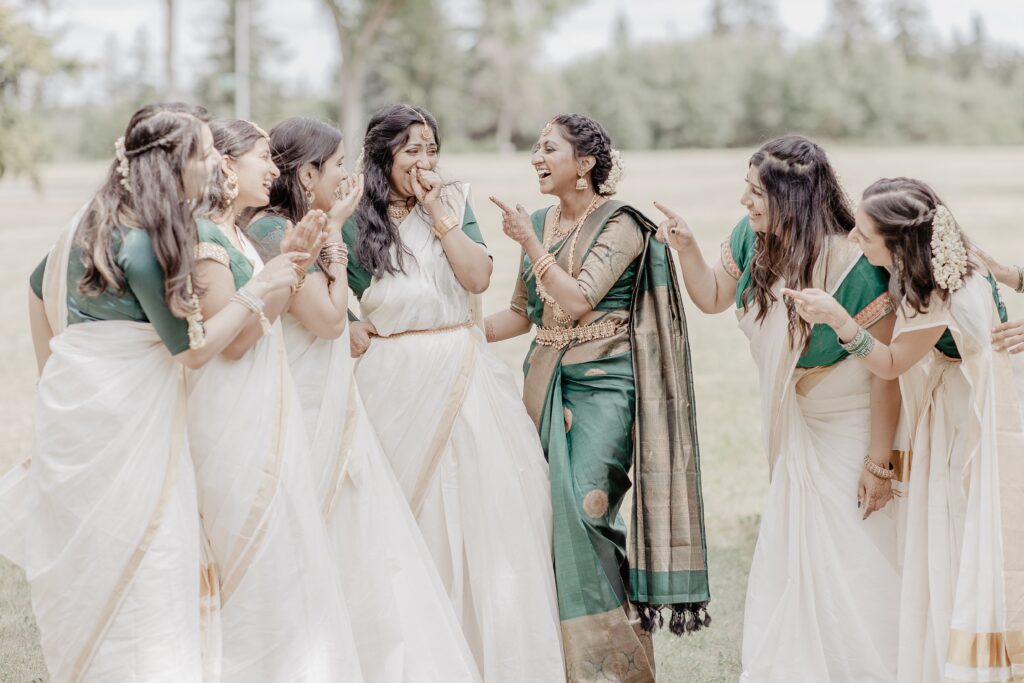
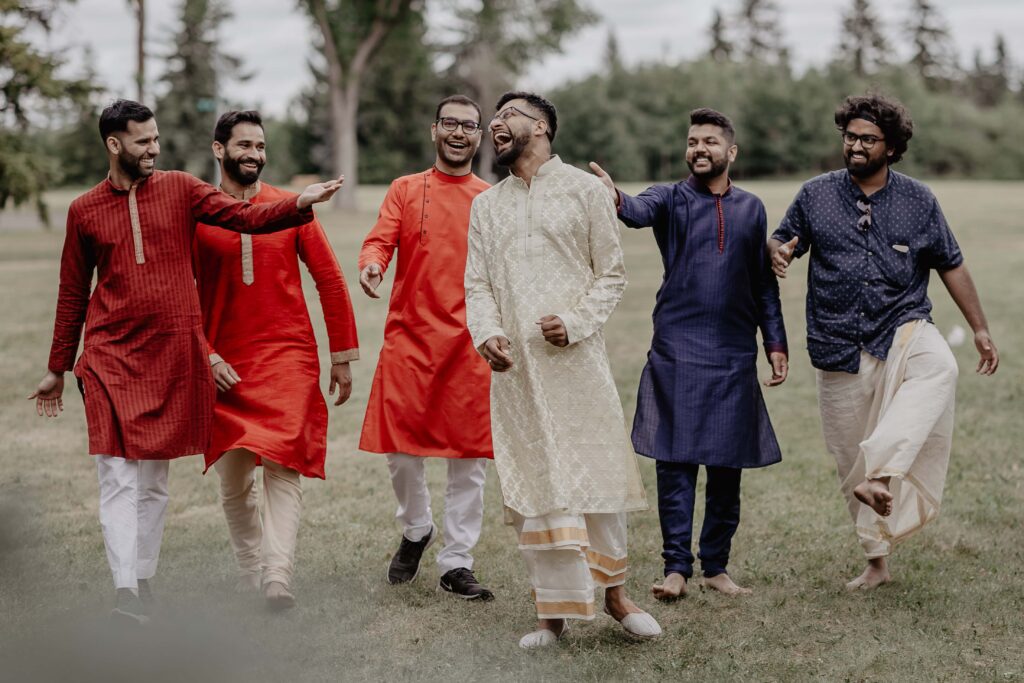
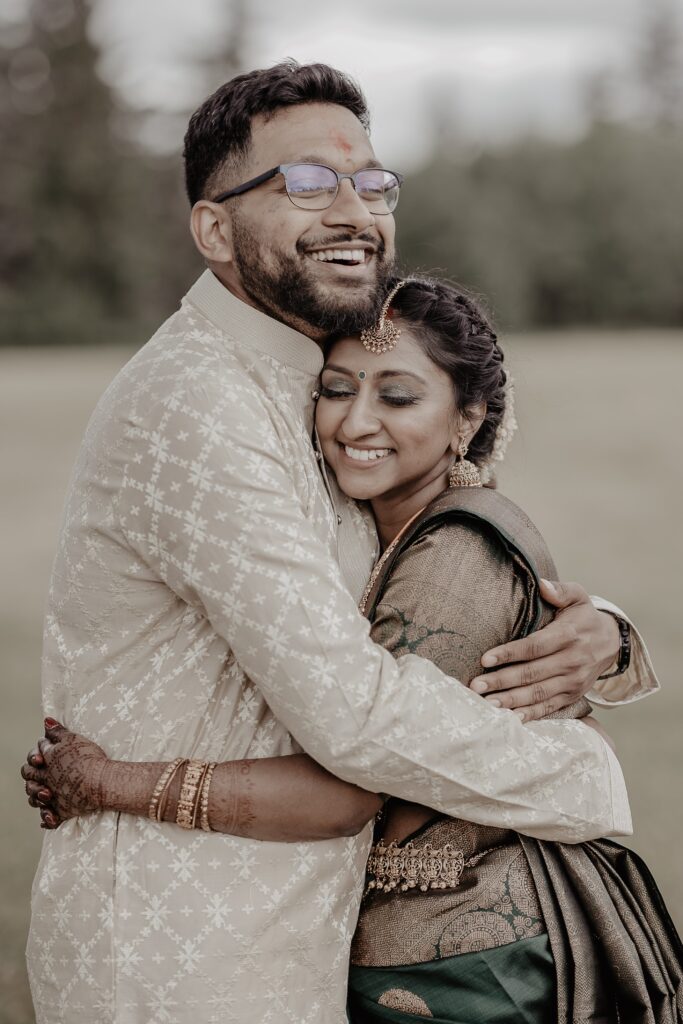
Thank you. We are so happy it was helpful
Your blog post was a valuable resource that provided a fresh perspective on the subject. I appreciated the way you highlighted different viewpoints and encouraged critical thinking.